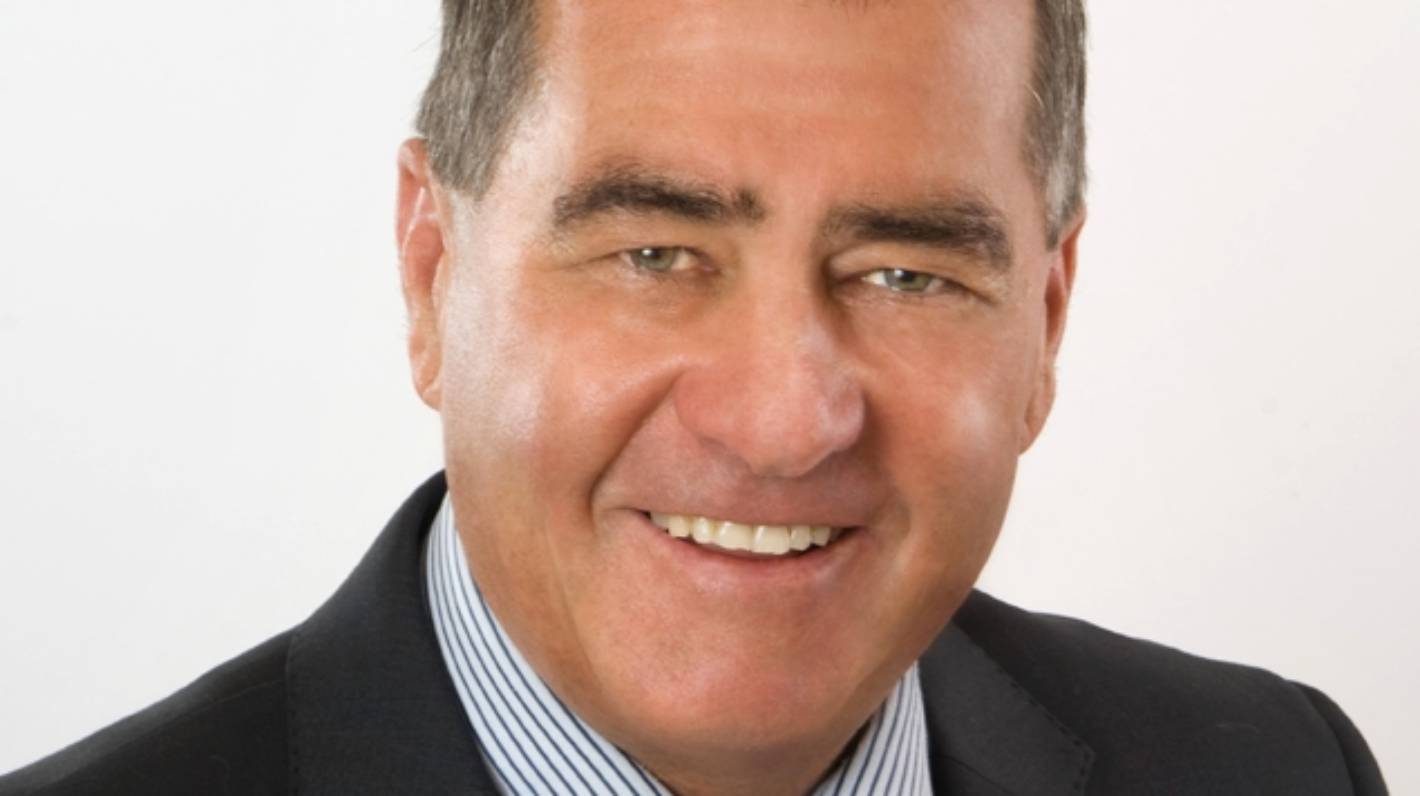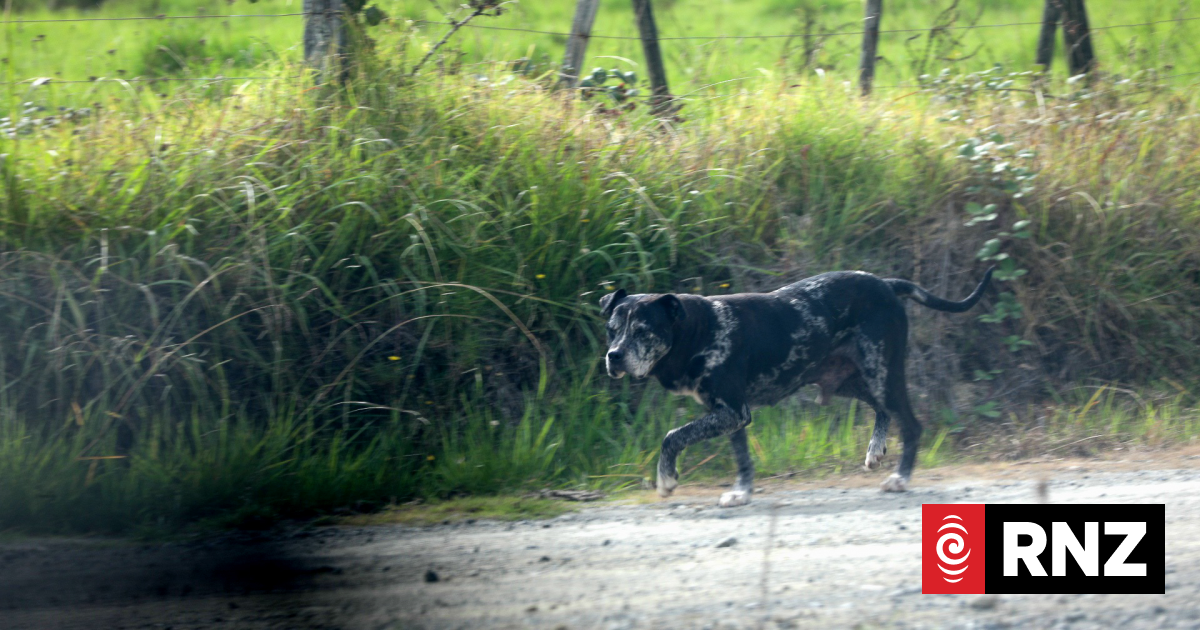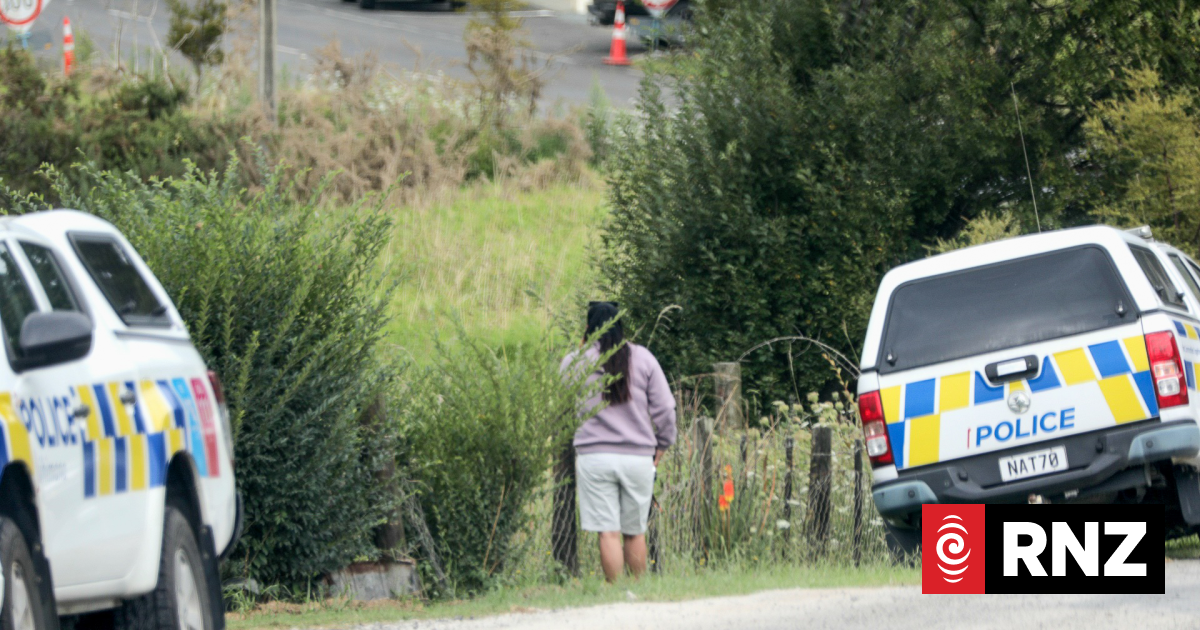A man who opposes Māori seats in council sees no hypocrisy in standing for Northland Regional Council’s new Te Raki Māori constituency.
Robin Grieve is one of four people standing for two positions in the Northland-wide seat, introduced in 2020 by the regional council, alongside Māori wards in Whangārei and Kaipara district councils.
He is behind group Democracy Northland, which initiated a petition demanding the councils hold a referendum on the Māori wards.
While the petition gained 15,000 signatures – enough to force a binding referendum – the Government changed the law to stop such referendums, ensuring the Māori wards went ahead for this year’s election.
READ MORE:
* Government dumps law threatening Māori wards, halts petitions
* Whangārei District councillors challenge their council’s Māori wards decision
* Systemic racism at heart of New Zealand’s council Māori wards debate – advocate
* Northland Regional Council votes for Māori constituencies: Councillor resigns, walks out
Far North District Council has since introduced Māori wards, meaning all four Te Taitokerau councils will have Māori councillors.
Grieve still wants to see Māori wards removed, saying he has never seen a good example in history where assigning rights based on race has had a positive outcome.
ANDY JACKSON/STUFF
Local Government Minister Nanaia Mahuta makes an announcement at the New Plymouth District Council regarding Māori wards. (First published Feb 1, 2021)
“I don’t think they’re right and just, and I don’t think they serve a purpose … It’s an abhorrent view that Māori people would only vote for Māori people – that’s assuming that Māori people are racist with their vote.”
Grieve did not think standing for one of the Māori seats made him a hypocrite, and he said each councillor must represent all of Northland.
“My angle is really the economic wellbeing of Northland. There’s far too much focus on the environment; the environment is there to serve the people,” he said.
“I know a lot of Māori people – I think I represent them pretty well in terms of what they want from their regional council, I don’t think it’s very different from what a Chinese person would want,” Grieve said.
“You don’t have to be one to represent one.”
THE DETAIL/RNZ
Giving Māori a place at the table of local government decision makers has taken another step, but debate over Māori wards is still fierce. (First published March 9, 2021)
While Grieve is not Māori, anyone can stand in any seat as long as they have been nominated by two people in the constituency – in this case, two people on the Māori roll living in Northland.
But Grieve’s integrity to stand has been questioned by Northland Māori voters and leaders.
Long-time Whangārei resident and Māori voter Pat Newman (Ngāi Tahu) questioned Grieve’s judgment in saying he can represent Māori.
“He obviously has no idea of how he could represent Māori, otherwise he wouldn’t be arrogant enough to say that,” Newman said.
“I suppose he thinks it’s making a political point and it’s funny. For some of us, it’s not funny – many people have had to fight many hundreds of years to get these rights, and he’s making a mockery of it.”
Annette Lambly/Stuff
Whangārei resident Pat Newman (Ngāi Tahu) says Robin Grieve standing in a Māori seat makes a mockery of the rights Māori have fought hundreds of years to get. (File photo)
Newman said Māori wards are important under the Treaty of Waitangi and will enhance the democratic process in Northland, with a high calibre of candidates standing across the four councils.
Ngāti Kuri chair Harry Burkhardt was also pleased with the calibre of candidates for the Māori seats across Te Taitokerau.
Burkhardt was not aware of Grieve’s views, but he did not believe one person could undo the Māori seats, even if they became a councillor.
“The current democratic process hasn’t served us well … Now it’s allowing us to move the conversation into participatory democracy where a minority can speak for itself and that’s seriously cool.”
Supplied
Harry Burkhardt, chair of Far North iwi Ngāti Kuri, says the Māori wards have given Māori a voice in council. (File photo)
Burkhardt believes Māori wards would give Māori a voice at the council table and encourage more Northland Māori to vote.
“Our people don’t participate because to them it’s irrelevant, they’ve got no reason to be there because the system sees them as invisible. Now with Māori wards, they’ve got visibility and a means to have a voice.”
But Grieve said he has been open and honest about what he stands for.
“I don’t think there’s any ill grace or any poking fun … There’s no deceit involved at all, and if I get elected I will do a fine job for the people of Northland, including Māori.”
Grieve has previously been an ACT Party candidate and board member but said he was no longer involved with the party.
He is still involved with Democracy Northland, which has been endorsing candidates who agree with a referendum on Māori wards and support all votes being equal.
Some Northland mayoral candidates have also been associated with Democracy Northland, Grieve said, including Whangārei councillor and mayoral candidate Vince Cocurullo and Kaipara mayoral candidate Ash Nayyer.
The other candidates standing for the Te Raki Māori Constituency are Hokianga former police officer Lance Bryers, Te Hiku Media chief executive Peter-Lucas Jones (Te Aupōuri, Ngāi Takoto, Te Rarawa and Ngāti Kahu) and Māori environmental management specialist Tui Shortland (Ngāti Hine, Ngatiwai, Te Rarawa me Ngāpuhi).




